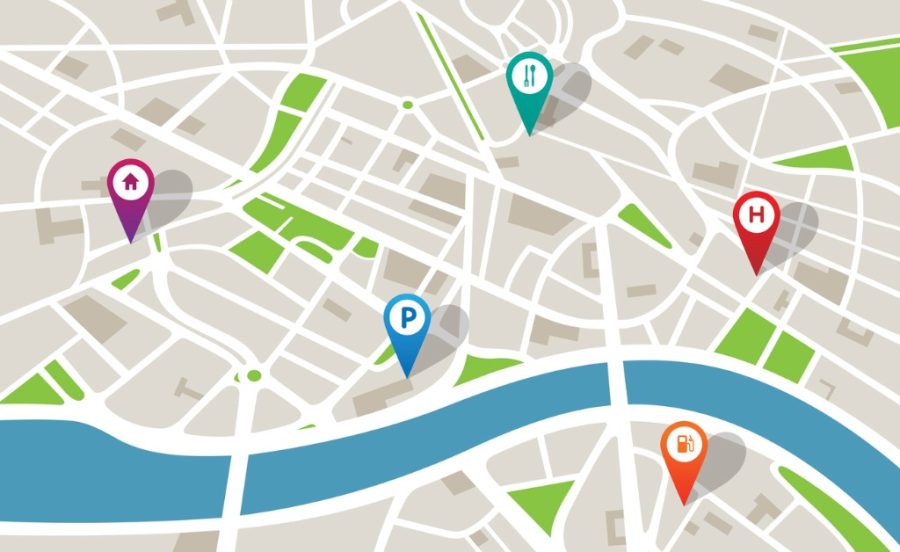IPPO Cities: Can Devolution and Levelling Up Combat Spatial Inequality?

Henriette Ruhrmann
The UK stands out among large wealthy OECD countries for its high levels of regional inequality (Westwood et al. 2021), with residents of the South East having on average higher skill levels, longer life expectancy, and greater productivity than elsewhere in the country (Carter 2022). This productivity gap has widened over the past 50 years (Johns et al. 2020) with inequality within larger regions similarly seeing islands of productivity pulling ahead of the rest. While there are many potential historic causes for the regional productivity gap, including the lingering effects of industrial decline (Flanagan 2021), one structural factor is much discussed: a perceived over-centralisation of government at the cost of autonomy at the local level.
Devolution in the UK
The UK’s complicated history with devolution has led to an asymmetrical landscape with varying degrees of power devolved to countries and regions. While Scotland, Wales, and Northern Ireland all have devolved legislative and executive powers at the national level, England remains directly governed by Westminster, but with multiple regions having negotiated devolution deals with the Government (Torrance 2022).
The establishment of the Greater London Authority (GLA) in 1999 saw more limited competencies devolved than those to the Scotland, Wales, and Northern Ireland (read more here for an in-depth discussion). Nevertheless, further regional devolution deals for other regions became possible following the Local Democracy, Economic Development and Construction Act 2009 and the Localism Act 2011. In total, ten regions hold devolution deals with the Government, with and without mayoral representation. The Institute for Government maps the current regions covered by combined authorities. In total, over a third (37%) of the English population is governed under mayoral devolution deals (Paun et al. 2019).
The North East Devolution Deal
In 2022, the Government and local authorities in the North East negotiated a devolution deal to bring together governance in the region (IPPR 2023). The new deal covers the local authorities of Northumberland, Newcastle, North Tyneside, Gateshead, South Tyneside, Sunderland, and County Durham. The two current combined authorities—North of Tyne Mayoral Combined Authority and the non-mayoral North East Combined Authority—will be replaced by a new North East Mayoral Combined Authority (DLUHC 2022). In total, the deal promises a 30-year regional investment of £1.4 billion or the equivalent of £711 per person. Local leaders are currently analysing the results of the January to March 2023 public consultation on the deal (Holland 2023).
The roundtable will hear contributions from two officials involved in the deal. Alexandra Jarvis, Head of the North East Area Team at the UK Government’s Cities and Local Growth Unit and Mark Stamper, Principal Innovation and Economy Manager at the North of Tyne Combined Authority, will discuss its potential benefits from a national and regional perspective.
Levelling Up Locally
Addressing regional inequality is a major priority in the Government’s Levelling Up agenda. The roundtable will also hear from two experts involved in local levelling up: Councillor Jason Brock (@JN_Brock), Leader of Reading Borough Council, and contributor to the LGA’s Levelling Up Locally inquiry, and Adam Hawksbee (@ahawksbee), Deputy Director of Onward and co-author of Onward’s guide for local leaders to level up their communities.
The Local Government Association (LGA)’s in-depth inquiry into how Levelling Up can strengthen local communities, including roundtables and commissioned research (LGA 2023), concluded that there is an urgent need for more devolution of powers and resources to the local level. Their report discusses what conditions are necessary to level up locally, how local government can be strengthened, and how local and national governments can collaborate more effectively.
The Levelling Up In Practice team at Onward conducted five research visits across the country to discuss challenges in levelling up with local leaders. The team identified five key issues to be addressed: Tackling antisocial behaviour, particularly among young people, bringing life back to high streets and town centres, supporting local sport, culture, heritage and green space, Boosting local growth in the private sector, and providing community-based support to the most disadvantaged (Hawksbee and Menon 2023). They distil their evidence into a playbook of actionable interventions for local leaders.
Selected Further Levelling Up Resources
- The University of West London’s Centre for Inequality and Levelling Up compiled an excellent report on the current allocation of funding across regions and levels of governance (Atherton and Le Chevallier 2023)
- Critics of the current implementation of the Levelling Up agenda express concern over “blanket approaches” that do not account for the different issues faced across a region (ICAEW 2022).
- The Institute for Public Policy Research (IPPR) published a report with five international examples of how international regions and cities have levelled up successfully through action at the local level (Johns & Hutt 2023).
Join us for the roundtable on Thursday, 18th May 2023 at 3 pm BST for 60 minutes. Sign up for free via Eventbrite.
